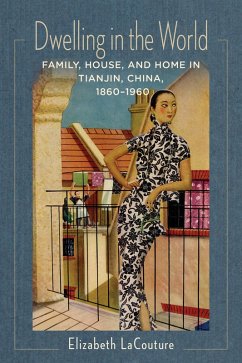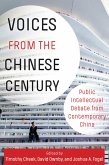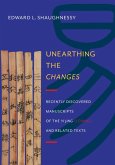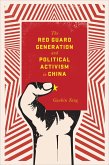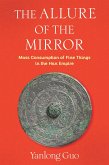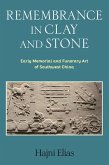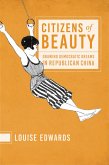By the early twentieth century, Chinese residents of the northern treaty-port city of Tianjin were dwelling in the world. Divided by nine foreign concessions, Tianjin was one of the world's most colonized and cosmopolitan cities. Residents could circle the globe in an afternoon, strolling from a Chinese courtyard house through a Japanese garden past a French Beaux-Arts bank to dine at a German café and fall asleep in a British garden city-style semi-attached brick house.
Dwelling in the World considers family, house, and home in Tianjin to explore how tempos and structures of everyday life changed with the fall of the Qing Empire and the rise of a colonized city. Elizabeth LaCouture argues that the intimate ideas and practices of the modern home were more important in shaping the gender and status identities of Tianjin's urban elites than the new public ideology of the nation. Placing the Chinese home in a global context, she challenges Euro-American historical notions that the private sphere emerged from industrialization. She argues that concepts of individual property rights that emerged during the Republican era became foundational to state-society relations in early Communist housing reforms and in today's middle-class real estate boom.
Drawing on diverse sources from municipal archives, women's magazines, and architectural field work to social surveys and colonial records, Dwelling in the World recasts Chinese social and cultural history, offering new perspectives on gender and class, colonialism and empire, visual and material culture, and technology and everyday life.
Dwelling in the World considers family, house, and home in Tianjin to explore how tempos and structures of everyday life changed with the fall of the Qing Empire and the rise of a colonized city. Elizabeth LaCouture argues that the intimate ideas and practices of the modern home were more important in shaping the gender and status identities of Tianjin's urban elites than the new public ideology of the nation. Placing the Chinese home in a global context, she challenges Euro-American historical notions that the private sphere emerged from industrialization. She argues that concepts of individual property rights that emerged during the Republican era became foundational to state-society relations in early Communist housing reforms and in today's middle-class real estate boom.
Drawing on diverse sources from municipal archives, women's magazines, and architectural field work to social surveys and colonial records, Dwelling in the World recasts Chinese social and cultural history, offering new perspectives on gender and class, colonialism and empire, visual and material culture, and technology and everyday life.
Dieser Download kann aus rechtlichen Gründen nur mit Rechnungsadresse in A, D ausgeliefert werden.

